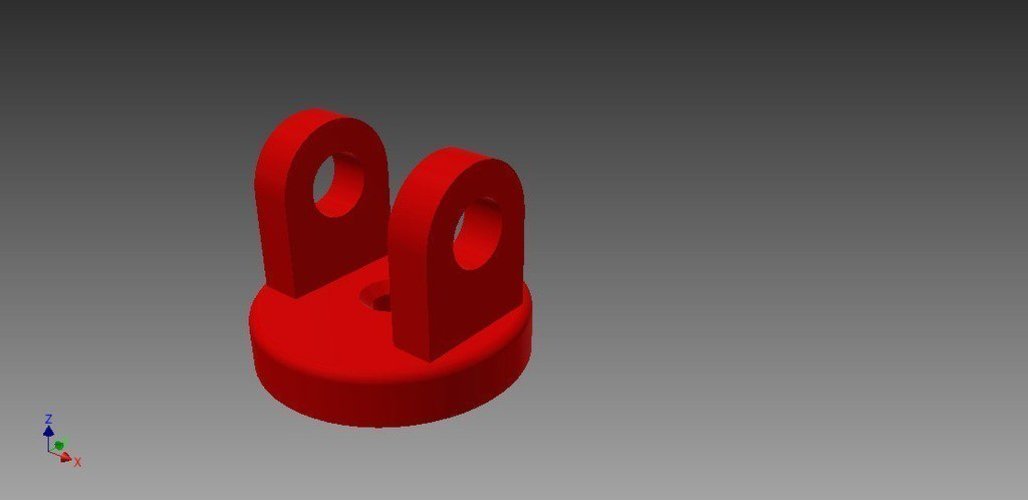
Description
Outpatient drug and alcohol rehab is a pivotal aspect of addiction treatment, offering a blend of flexibility and comprehensive care that accommodates individuals' varying needs and lifestyles. This form of rehab is particularly advantageous for those with mild to moderate substance use disorders or for individuals who have completed inpatient programs and are transitioning back to daily life. Outpatient rehab allows patients to live at home, continue their employment or education, and manage familial responsibilities, all while receiving structured, professional support. The initial phase of outpatient rehab involves a thorough assessment by medical professionals to develop a personalized treatment plan. This plan typically includes a combination of individual counseling, group therapy, family therapy, and educational sessions, designed to address the multifaceted nature of addiction and promote holistic healing.
The cost-effectiveness of outpatient rehab is one of its most significant benefits. Without the expenses of residential care and round-the-clock supervision, outpatient programs can offer high-quality treatment at a fraction of the cost of inpatient options, making it accessible to a broader demographic. This outpatient drug and alcohol rehab affordability is crucial, as it enables individuals from diverse financial backgrounds to receive the help they need. Moreover, the ability to maintain work or school commitments while undergoing treatment reduces the financial and emotional strain on patients, allowing them to sustain their livelihoods and relationships during recovery.
Outpatient rehab places a strong emphasis on therapeutic interventions that address both the psychological and physical aspects of addiction. Cognitive Behavioral Therapy (CBT), Motivational Interviewing (MI), and other evidence-based practices are commonly used to help patients understand the root causes of their substance use and develop healthy coping mechanisms. Group therapy sessions foster a sense of community and mutual support, where individuals can share experiences, gain insights from peers, and build a network of encouragement and accountability. This peer support is a cornerstone of outpatient rehab, as it helps patients feel understood and supported by others who are facing similar challenges.
Family involvement is another critical component of outpatient rehab. Addiction often strains familial relationships, and family therapy aims to repair and strengthen these bonds. By involving family members in the treatment process, outpatient rehab provides education about addiction and recovery, improving communication and fostering a supportive home environment. This involvement is vital for long-term success, as a strong support system can significantly enhance a patient's ability to maintain sobriety.
Educational sessions in outpatient rehab play a crucial role in helping patients understand the science of addiction and its effects on the body and mind. Patients learn about triggers, high-risk situations, and strategies for relapse prevention. Life skills training is also a vital part of the program, equipping patients with essential skills such as stress management, effective communication, and financial planning. These skills are critical for helping individuals reintegrate into society and maintain their sobriety after treatment.
Flexibility is a hallmark of outpatient rehab, with treatment sessions available during the day, evenings, or weekends. This flexibility allows patients to receive the care they need without disrupting their daily routines. Intensive Outpatient Programs (IOPs) offer a higher level of care with more frequent and longer sessions, making them suitable for those who require a more structured approach while still living at home. IOPs serve as a bridge between inpatient treatment and traditional outpatient care, providing intensive support while allowing patients to reintegrate into their daily lives gradually.
Continuity of care is essential in outpatient rehab, ensuring that patients receive ongoing support as they progress through their recovery journey. As patients advance, they can transition to less intensive levels of care, maintaining a connection to treatment and support networks. Aftercare services, such as support groups, alumni programs, and ongoing therapy, are often available to help patients maintain their sobriety and continue their personal growth. These services provide a crucial safety net, helping individuals navigate the challenges of post-rehab life and preventing relapse.
In conclusion, outpatient drug and alcohol rehab offers a flexible, affordable, and comprehensive approach to addiction recovery. By allowing patients to live at home and maintain their daily responsibilities, outpatient rehab integrates treatment into real-life contexts, making recovery strategies more immediately applicable. The outpatient drug and alcohol rehab emphasis on individualized care, therapeutic interventions, family involvement, education, and life skills training ensures that patients receive holistic support. The flexibility and continuity of care inherent in outpatient rehab programs provide patients with the tools and support they need to achieve and maintain lasting sobriety, making it a highly effective option for those seeking to overcome addiction.






Comments (3)
Sign in to leave a comment.
When I was in treatment, I was prescribed methadone. It was explained to me at the time that the choice of medication depends on the type of addiction, health condition and the body's reaction to the drug. So everything is individualized. My doctor took many factors into account before prescribing me <a href="https://luminarecovery.com/therapy/medication-assisted-therapy/">medication assisted substance abuse treatment</a> . I can tell you from my experience that it is important to trust specialists, but if you have the opportunity, it is good to discuss all available options. I highly recommend the Lumine Recovery Center where I was treated.
What medications are most often used in drug therapy for addiction treatment and how to choose the best option? I have heard that drugs such as methadone, buprenorphine and naltrexone can be used to treat various addictions. How is a specific drug chosen and what does it depend on - the type of addiction, the stage of the disease or the characteristics of the patient's body? Can a patient independently suggest a treatment option or trust the choice exclusively to a doctor? And how easy is it to access drug therapy, especially in small towns?
Outpatient drug and alcohol rehab offers flexible treatment options for those seeking recovery without disrupting their daily lives. Patients benefit from personalized therapy sessions and support while maintaining their routine responsibilities. For those considering supplementary wellness options, you might find it useful to explore various health products. For example, you can <a href="https://borderfreehealth.com/shop/wegovy/">Buy Wegovy online from Canada - BFH</a> to aid in weight management, which can support overall recovery efforts. Outpatient rehab is a practical choice for many on their journey to sobriety.